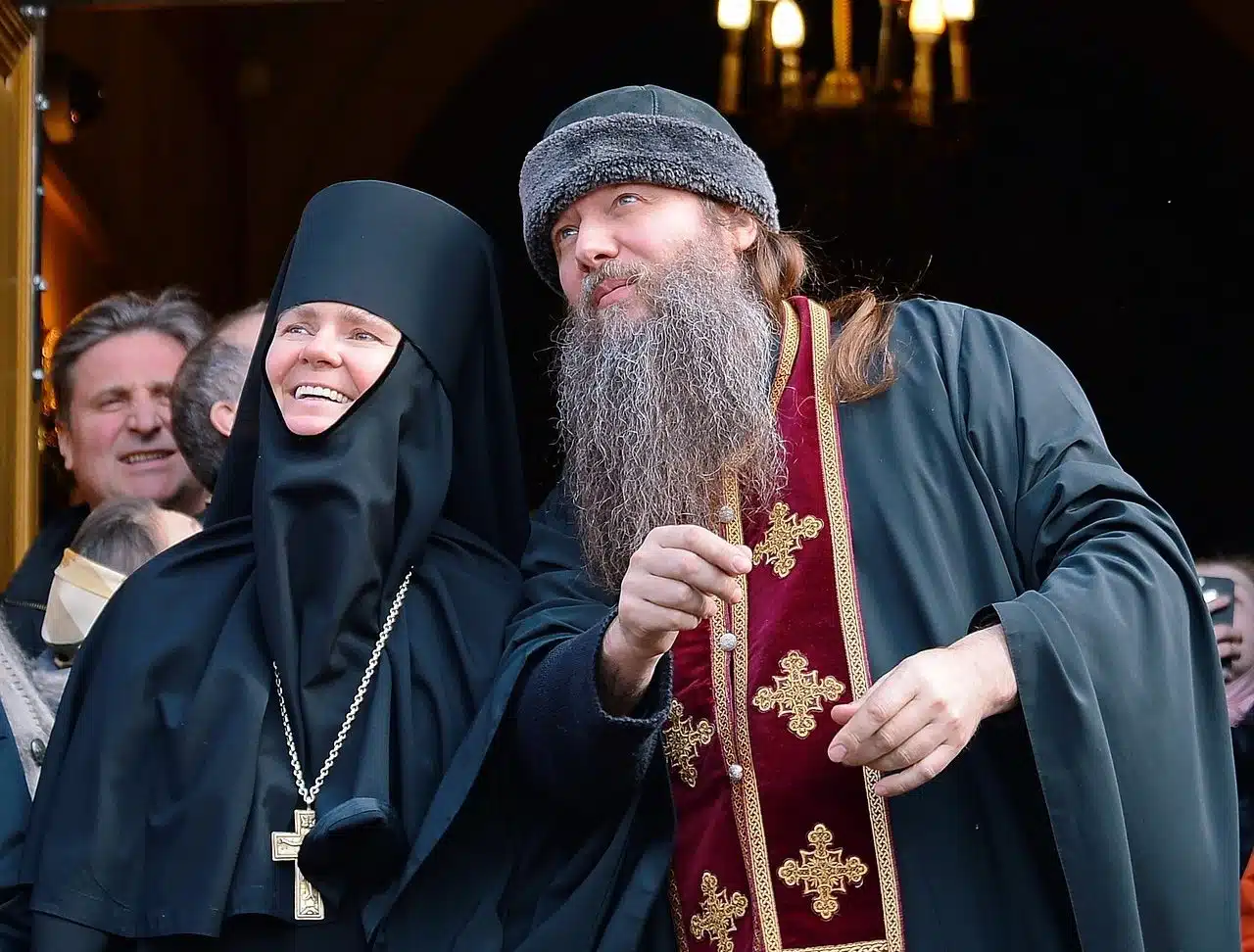
Orthodoxy is linked to a type of religious dogma.
Orthodoxy is a notion that comes from the Latin word orthodoxĭa , although its most remote origins are found in Greek. Thus, we find the fact that, etymologically speaking, it derives from the sum of three components:
- Orthos , which can be translated as “correct” .
- Doxa , which is synonymous with “opinion” .
- The suffix -ia , which indicates “quality” or “action” .
The concept is used to name attachment or adhesion to certain beliefs or theories . For example: “The young economist soon tired of liberal orthodoxy and sought to draw on other theoretical sources,” “Orthodoxy indicates that this recipe does not contain milk, but I like to innovate in the kitchen,” “It is a candidate who does not please Republican orthodoxy.”
It could be said that orthodox is associated with what is correct or true : that is why it is defended by the majority of the members of a community . What escapes these orthodox principles is classified as heterodox , and is promulgated by a minority group.
Orthodoxy in religion
In the field of religion , orthodoxy refers to respect for a certain dogma . It is possible to speak of the Orthodox Apostolic Catholic Church , a Christian sector that has more than two hundred and twenty-five million faithful. Within this group, the Russian Orthodox Church stands out, led by the Patriarch of Moscow .
In general, the differences between the Orthodox and Roman Catholic churches are not well known. However, with respect to the latter, the first advocates the following pillars:
- He does not believe in the Holy Spirit of the Father and the Son, only the first.
- He denies that what is known as purgatory exists.
- The first of those mentioned does not recognize or even admit what would be the formation of orders or congregations.
- In the Orthodox liturgy, the use of musical instruments of any kind is not accepted. Specifically, it has to be carried out only with the voice of the people who participate.
- He does not bet because there is a Pope who has power above the rest. In its case, the Orthodox Church places all bishops on the same level.
- One of the main differences between both ecclesiastical institutions is that in the Orthodox one men who are married can be ordained, while in the Roman one it is completely prohibited.
- It should also be noted that statues of saints are completely prohibited in Orthodox churches. And what are three-dimensional images are rejected outright. Hence, on the contrary, they can have paintings or mosaics, for example.
Orthodox Judaism , for its part, rigorously follows Halakha and opposes various updates to its religion. That is why it is considered the most conservative sector within Judaism.

Orthodox groups are numerous.
A book by Chesterton
“Orthodoxy” , finally, is a book written by GK Chesterton ( 1874 – 1936 ) that was published in 1908 .
In this work , the author reflects on Christianity, trying to explain how and why the faithful come to this religion.
